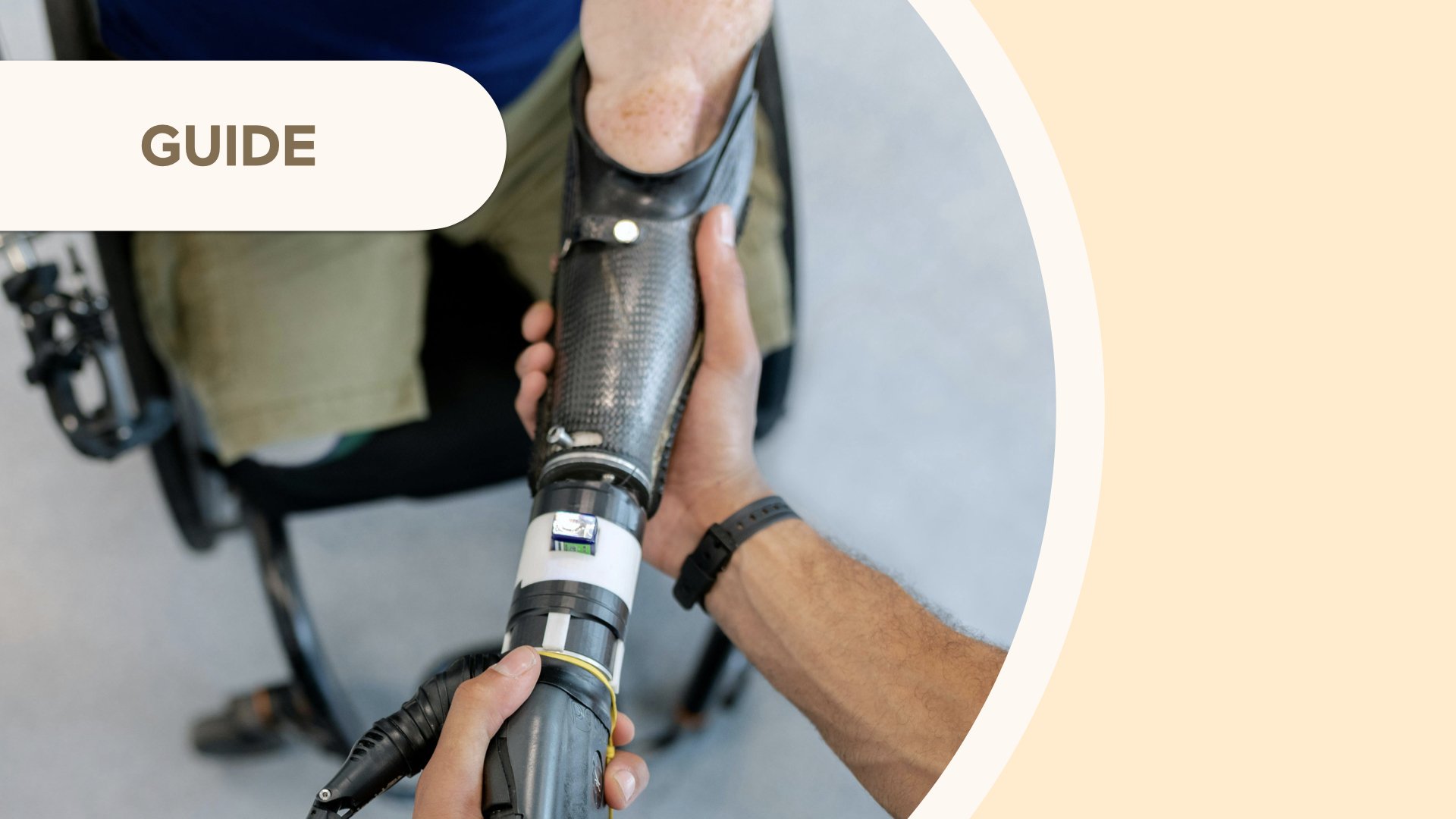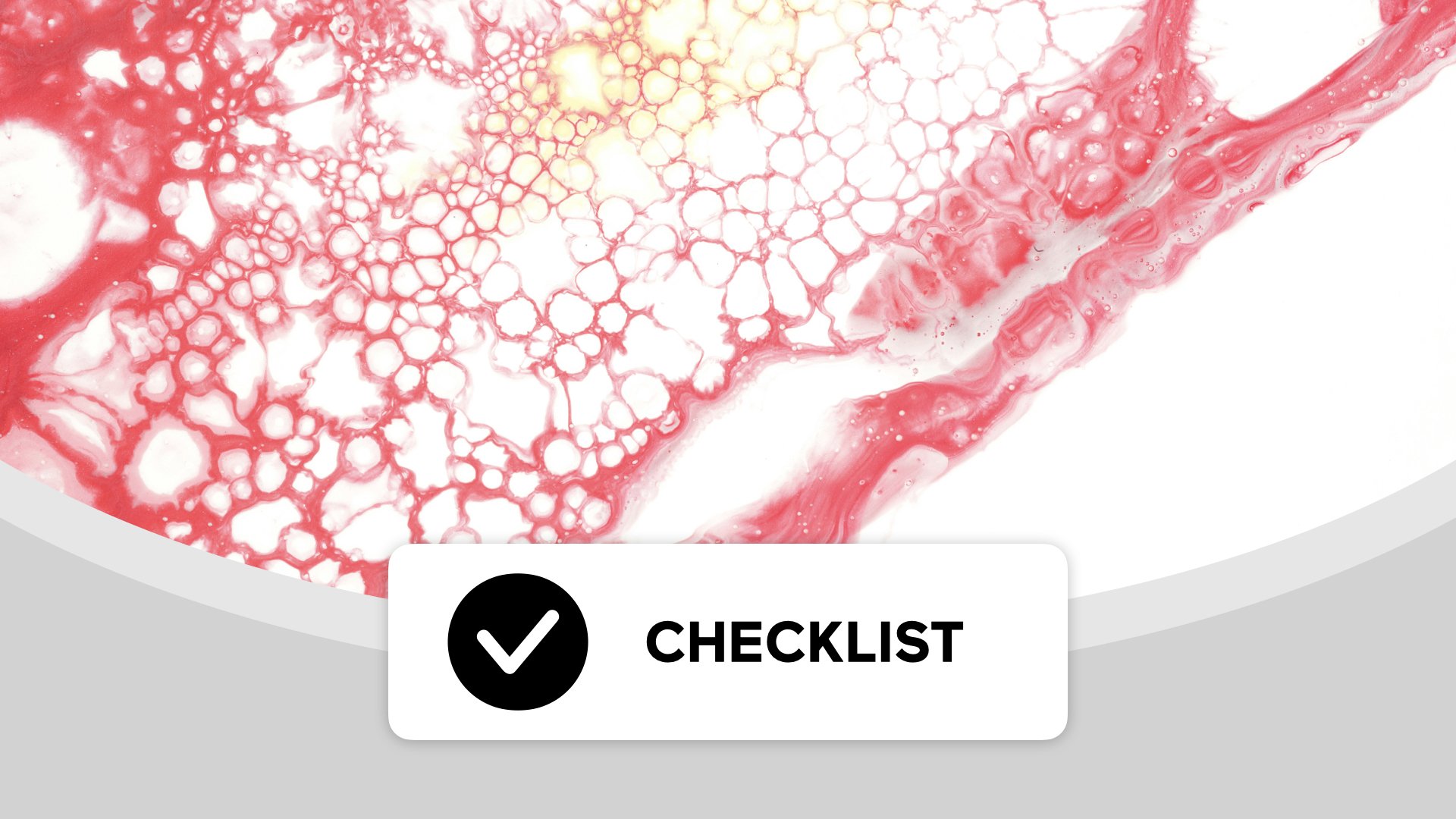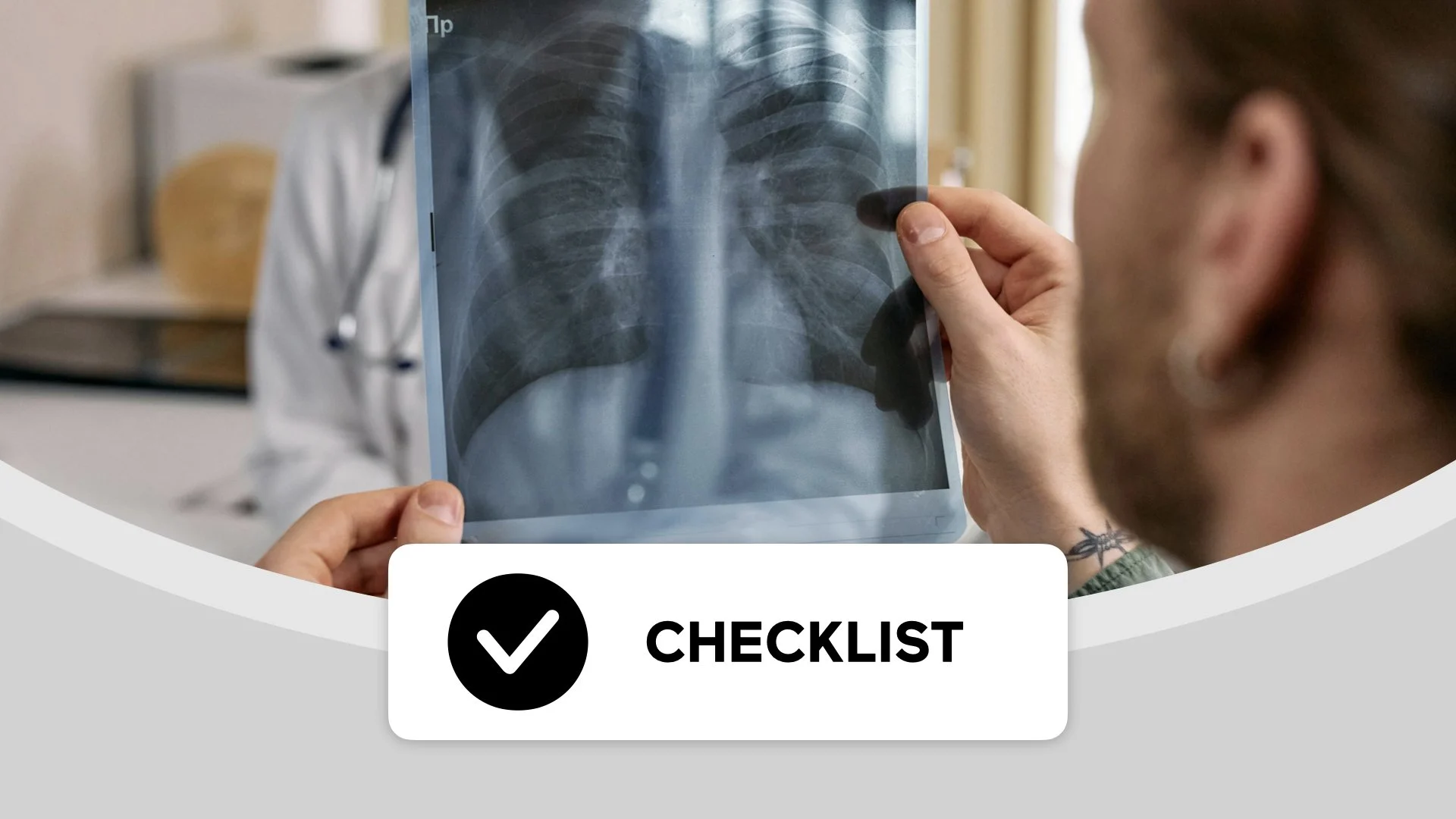Multiple Sclerosis (MS) is a chronic neurological condition that affects the Central Nervous System (CNS), leading to a range of physical and cognitive symptoms.
Multiple Sclerosis (MS) is a chronic neurological disorder that can lead to sudden and severe complications.
Amputation emergencies can occur due to traumatic injuries, infections, or complications from existing conditions.
Amputation is the surgical removal of a limb or extremity due to injury, disease, or congenital conditions.
Vision loss emergencies require immediate attention to prevent permanent damage and ensure the safety of individuals affected.
Vision loss can significantly impact a person’s daily life, independence, and emotional well-being.
Hearing loss can sometimes lead to emergency situations requiring immediate attention.
Hearing loss is a common condition that can affect individuals of all ages. It can impact communication, relationships, and overall quality of life.
Injuries can vary widely in severity, from minor cuts and bruises that require basic first aid to critical trauma demanding immediate medical intervention.
Injuries are a common part of life, ranging from minor cuts and bruises to severe trauma requiring medical attention.
Spinal disorders can lead to medical emergencies that require immediate attention.
Spinal disorders encompass a wide range of conditions affecting the structure and function of the spine.
While dyslexia itself is not a medical emergency, certain challenges associated with dyslexia can create crisis situations, particularly in academic settings or emotional well-being.
Dyslexia is a common learning disability that affects reading, writing, and spelling. It is not related to intelligence but rather to differences in how the brain processes language.
Down Syndrome is a genetic condition that affects physical and cognitive development.
Down syndrome is a genetic condition that can affect intellectual development, physical growth, and overall health with varying severity.
Autism Spectrum Disorder (ASD) presents unique challenges, and in some cases, emergencies may arise that require immediate intervention.
Autism Spectrum Disorder (ASD) is a neurodevelopmental condition that affects communication, behavior, and social interaction.
Migraine disorder can sometimes lead to severe and unexpected emergencies that require urgent attention.
Migraine disorder is a neurological condition that causes recurring, intense headaches, often accompanied by other debilitating symptoms.
Social Anxiety Disorder (SAD) can sometimes escalate into crisis situations that require immediate attention.
Social Anxiety Disorder (SAD) is a mental health condition that causes intense fear and anxiety in social situations.
While most concussions are mild and recoverable, some cases can lead to serious emergencies requiring immediate medical attention.
A concussion is a traumatic brain injury (TBI) caused by a blow, bump, or jolt to the head. While concussions can vary in severity, many are minor.
Postpartum depression (PPD) can sometimes escalate into crisis situations requiring immediate intervention.
Postpartum depression (PPD) is a serious mental health condition that can affect new mothers after childbirth.
Bipolar disorder is a mental health condition characterized by extreme mood swings that include emotional highs (mania or hypomania) and lows (depression).
Bipolar disorder can sometimes lead to crisis situations that require immediate attention.
Addiction is a complex disease that affects millions of individuals and their families worldwide.
Sickle Cell Disease (SCD) is a chronic condition that affects the red blood cells, leading to a range of potential complications.
GUIDES
Find a comprehensive checklist, including severe relapses, acute respiratory issues, severe spasticity or muscle stiffness, and more.
Find a comprehensive checklist, including traumatic limb loss, severe infections, uncontrolled bleeding, blood clots, and more.
Find a comprehensive checklist, including recognize vision loss emergencies, address eye trauma quickly, seek emergency medical care, and more.
Find a comprehensive checklist, including sudden sensorineural hearing loss (SSHL), severe ear infections, head or ear trauma, foreign object in the ear, and more.
Find a comprehensive checklist, including congenital heart defects, respiratory infections, seizures, choking hazards, gastrointestinal issues, and more.
Find a comprehensive checklist, including severe panic attacks, extreme avoidance and isolation, suicidal thoughts or self-harm, suicidal thoughts or self-harm, substance abuse crises, and more.
Find a comprehensive checklist, including loss of consciousness, persistent vomiting, severe headache, seizures, and more.
Find a comprehensive checklist, including suicidal thoughts or suicide attempts, psychotic symptoms (postpartum psychosis), neglect or harm to the baby, and more.
Find a comprehensive checklist, including recognize common panic disorder emergencies, respond to severe panic attacks, manage hyperventilation crisis, and more.
Find a comprehensive checklist, including spinal cord compression, severe herniated disc, cauda equina syndrome, spinal fractures, and more.
Find a comprehensive checklist, including recognize common addiction emergencies, respond to overdose, address severe withdrawal symptoms, and more.
Find a comprehensive checklist, including recognize common emergencies, respond to severe or self-injurious tics, address tic attacks and sudden loss of control, and more.
Find a comprehensive checklist, including recognize common emergencies, respond to falls and mobility issues, address choking and swallowing difficulties, and more.
Find a comprehensive checklist, including recognize common emergencies in sickle cell disease, respond to sickle cell crisis, address acute chest syndrome, and more.
Find a comprehensive checklist, including recognize common liver disease emergencies, respond to acute liver failure, address bleeding or bruising easily, and more.
Find a comprehensive checklist, including recognize common emergencies, respond to thyroid storm, address severe tachycardia, and more.
Find a comprehensive checklist, including recognize common emergencies, respond to myxedema coma, address hypothermia, and more.
Find a comprehensive checklist, including recognize common emergencies, monitor respiratory health and more.
CHECKLISTS
VIDEOS
Managing Emergencies in Psoriasis
Psoriasis is a chronic autoimmune skin condition that causes the rapid buildup of skin cells, leading to red, scaly patches that can be itchy and painful.
Managing Emergencies in IBS
Although Irritable Bowel Syndrome (IBS) is primarily a functional disorder, meaning there are no structural abnormalities, it can still lead to complications that may require emergency care.
Understanding IBS
IBS is a functional gastrointestinal (GI) disorder, meaning that while the structure of the digestive tract appears normal, its function is impaired.
Managing Emergencies in Muscular Dystrophy
Muscular Dystrophy (MD) is a group of genetic disorders that cause progressive muscle weakness.
Understanding Muscular Dystrophy
Muscular Dystrophy (MD) is a group of genetic disorders that cause progressive muscle weakness and loss of muscle mass.
Managing Emergencies in Cerebral Palsy
Cerebral Palsy (CP) is a neurological condition that affects movement, posture, and muscle coordination.
Understanding Cerebral Palsy
Cerebral Palsy (CP) is a group of neurological disorders that affect movement, posture, and muscle coordination.
Managing Emergencies in ADHD
Attention-Deficit/Hyperactivity Disorder (ADHD) is a common condition that affects attention, impulse control, and hyperactivity.
Understanding ADHD
Attention-Deficit/Hyperactivity Disorder (ADHD) is a common neurodevelopmental disorder that affects both children and adults.
Managing Emergencies in Crohn’s Disease
Crohn’s Disease is a chronic condition that causes inflammation in the digestive tract, leading to a range of symptoms, including abdominal pain, diarrhea, and fatigue.
Understanding Hypothyroidism
Hypothyroidism, also known as an underactive thyroid, is a condition where the thyroid gland doesn't produce enough thyroid hormones.
Emergency Situations and What to Do for a Person with Stroke
A stroke occurs when there is a sudden disruption in the blood supply to the brain, either due to a blockage (ischemic stroke) or bleeding (hemorrhagic stroke).
Emergency Situations and What to Do for a Person with Type 2 Diabetes
Type 2 diabetes (commonly referred to as T2D) is a chronic condition that affects how the body processes blood sugar (glucose).
Understanding Type 2 Diabetes
A diagnosis of Type 2 Diabetes (also known as T2D or T2DM) can be overwhelming for both the individual and their family.
Understanding Obesity
Obesity is a complex and multifactorial health condition that can significantly impact the quality of life for those living with it.
Understanding Eczema
Eczema, also known as atopic dermatitis, is a common skin condition that affects people of all ages, from infants to adults.
Understanding HIV/AIDS
HIV (Human Immunodeficiency Virus) and AIDS (Acquired Immunodeficiency Syndrome) are conditions that impact millions of people around the world.
Understanding Cancer
When a family member is diagnosed with cancer, it can feel overwhelming and uncertain.
Understanding Crohn's Disease
Crohn’s Disease is a chronic Inflammatory Bowel Disease (IBD) that affects the digestive system.
Understanding Depression
Depression is a serious mental health condition that can affect individuals across all age groups.














































































































